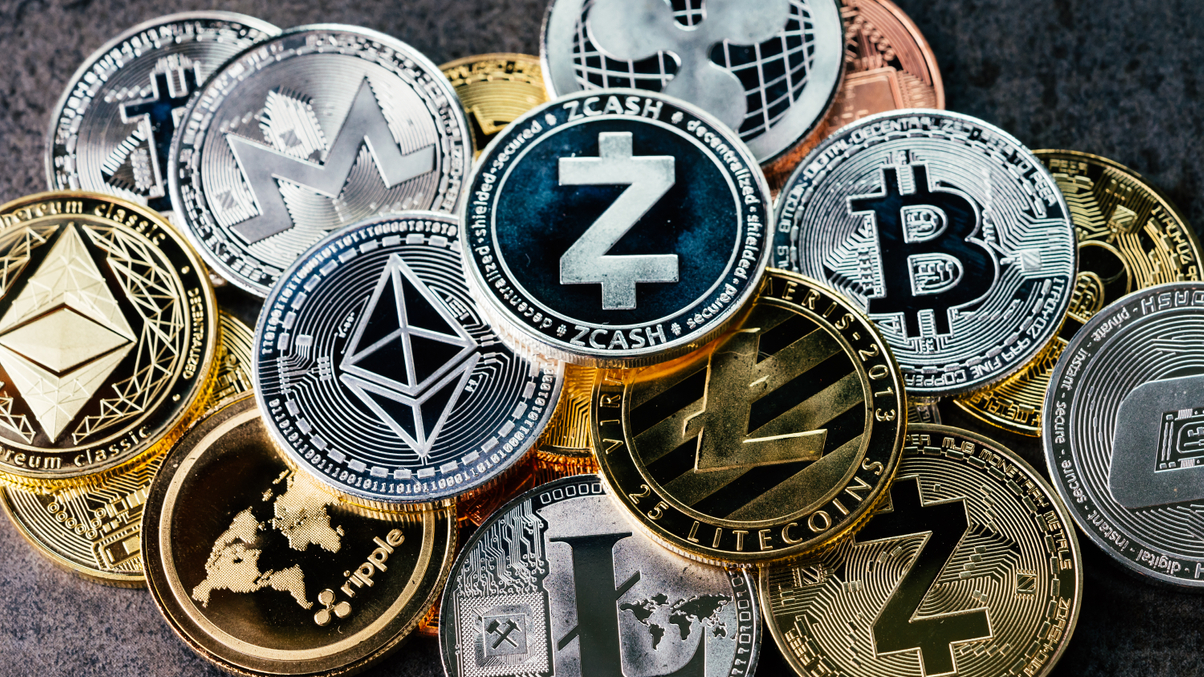Singapore, HK family offices' appetite for digital assets dims
High levels of risk and more attractive options see some family offices in two finance hubs steer clear of the novel asset class.

Family offices on Singapore and Hong Kong appear to be taking a dimmer view of digital assets, despite early signs that the “crypto winter” of the past year may be undergoing something of a thaw.
Sign in to read on!
Registered users get 2 free articles in 30 days.
Subscribers have full unlimited access to AsianInvestor
Not signed up? New users get 2 free articles per month, plus a 7-day unlimited free trial.
¬ Haymarket Media Limited. All rights reserved.


